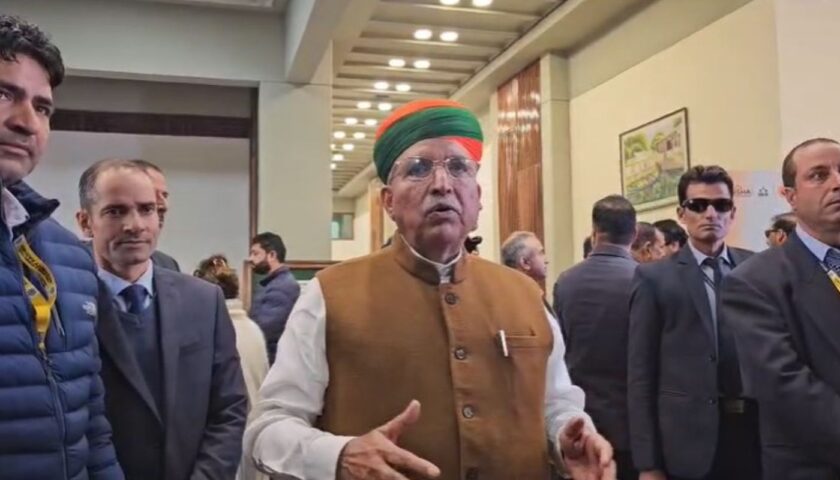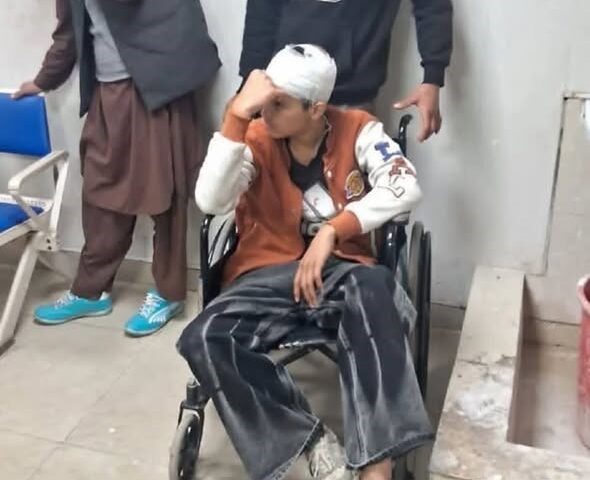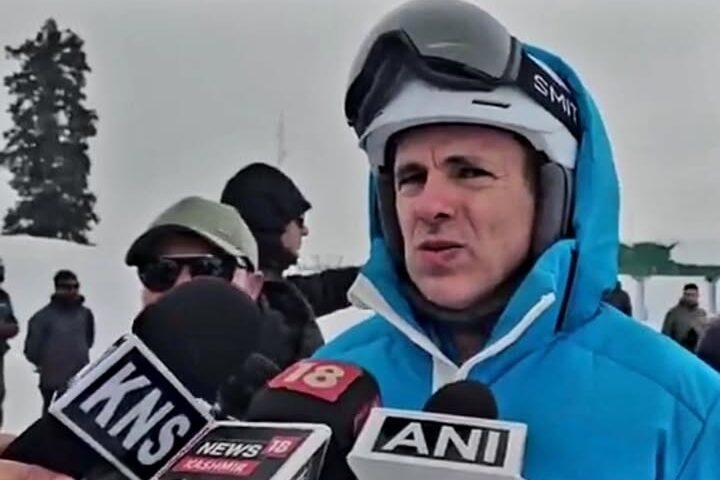The J&K Government has intensified its efforts to safeguard Article 35A which has been challenged in the Supreme Court.
From regular consultations with legal luminaries to late hour meetings on the issue, the state government has kept officials on toes to present a water-tight case in the apex court.
“It is a settled case but we are ready to face any challenge thrown at us. More than anyone else, it is of great concern to us,” a senior official in the Law Department told Kashmir Post.
The state government would challenge the maintainability of the petition as similar pleas were in the past dismissed twice by not less than five-member constitutional bench, he said.
For the past two weeks, Law Department officials are busy researching decided cases and references on Article 35A by the apex court. They are attending regular meetings with the political establishment and legal experts to ensure every “favourable legal” aspect is researched to build the case against the revocation of Article 35A.
In fact, most of the Law Department officials seem sleep-deprived as they have been leaving office late at nights. “We don’t get time to sleep. We are involved in research, contacting legal experts, taking down their opinions and many more things,” the law official said.
“We will engage the best constitutional experts of the country to defend the case. We will defend our case in the best way,” said Law Secretary Abdul Majid Bhat.
Showing a Supreme Court ruling on Article 35A, Bhat admitted that they were on toes to make a “strong case.”
Article 35A, which was incorporated in the Indian Constitution in 1954, grants special privileges and rights to the permanent residents of J&K and debars non-residents from buying land or property, getting government jobs, or voting in Assembly elections in the state.
A New Delhi-based NGO ‘We the Citizens’ filed a petition seeking the repeal of the provision before the Supreme Court in 2014.
The state government this year filed its response and sought dismissal of the petition, which is likely to be heard on August 29. The Central government, however, did not file any affidavit in opposition and instead wanted a “larger debate” on it.
State govt gears up to defend Article 35A




